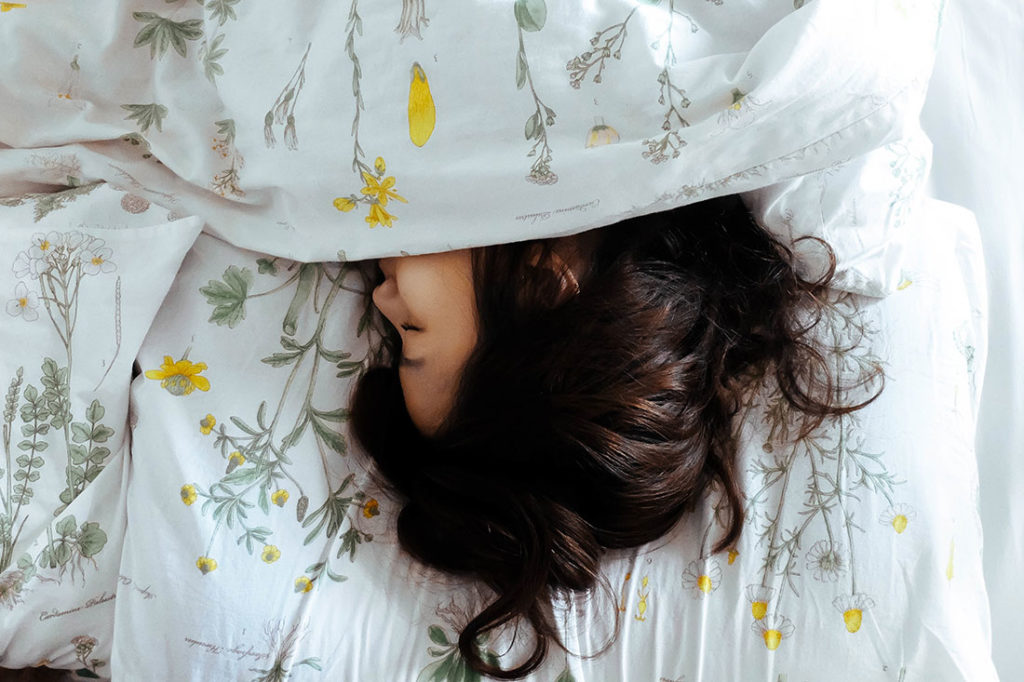Recommendations on optimal levels of sleep run the gamut. Coupled with the fact that everyone has different needs, it can be difficult to determine whether you’re getting the ideal amount of shut-eye each night.
Experts recommend adults get somewhere between six and nine hours of sleep per night, though the sweet spot is typically seven or eight, says Lisa Medalie, a behavioral sleep medicine specialist at the University of Chicago and founder of DrLullaby, a sleep app for children.
Below are seven signs you could be suffering from sleep deprivation without even realizing it.
1. Daytime sleepiness.
Signs of daytime sleepiness include yawning and feeling like your head is heavy or your eyes are closing.
2. Irritability.
If you find yourself inexplicably on edge throughout the day, there’s a good chance you’re not getting enough sleep, Medalie says.
3. Depression. Feeling blue?
Depression and sleep deprivation are closely linked.
4. Difficulty waking.
If you can barely open your eyes and repeatedly hit the snooze button each morning, you likely didn’t sleep well during the night, Medalie says.
5. Lethargy.
Slow movement and response times are signs of sleep deprivation.
6. Poor concentration and memory.
Can’t focus or recall simple facts? You might need to hit the sack for longer each night.
7. Low tolerance for frustration.
Unable to deal with minor, run-of-the-mill annoyances throughout the day? Medalie says there’s a good chance you’re not getting enough restful ZZZs at night.
Struggling with any of the above symptoms? Medalie recommends experimenting with varying sleep schedules (e.g. sleep for six hours a night one week and seven hours a night the next) while collecting data on how you felt during the day.
Once you find your sweet spot, remember that consistency is key. Strive to stick to the same sleep schedule every night.
Read next: 5 Tips to Help You Fall Asleep Quickly
This article originally appeared in the July/August 2020 issue of SUCCESS magazine.
Photo by @duangbj/Twenty20.com





